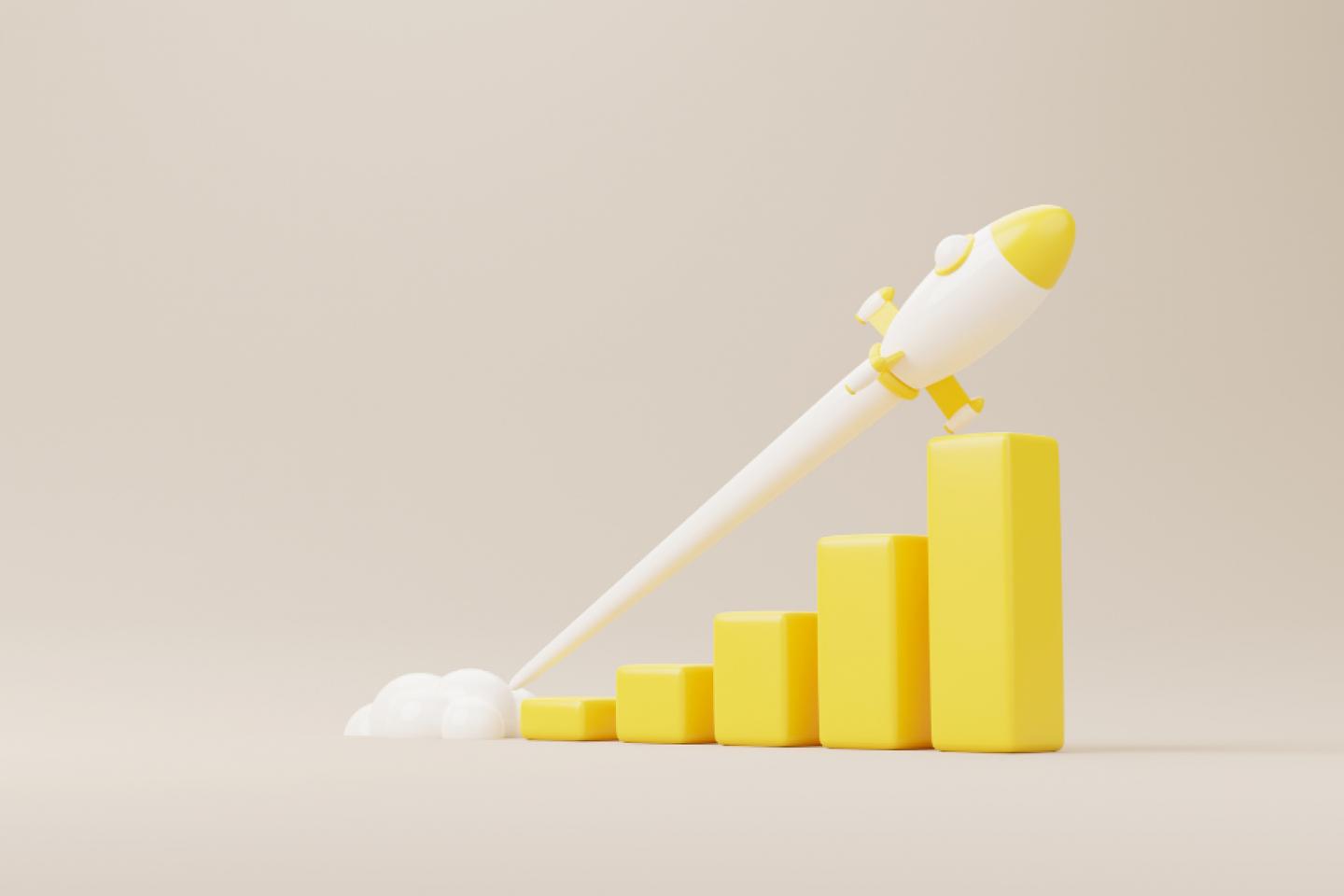
Interim finance hires (also known as contractors) can be a game-changer for scale-ups looking to drive growth.
The start-up landscape has changed dramatically in recent years. New businesses are always focused on driving a healthy profit - but many companies are also now committed to creating products that tackle societal challenges.
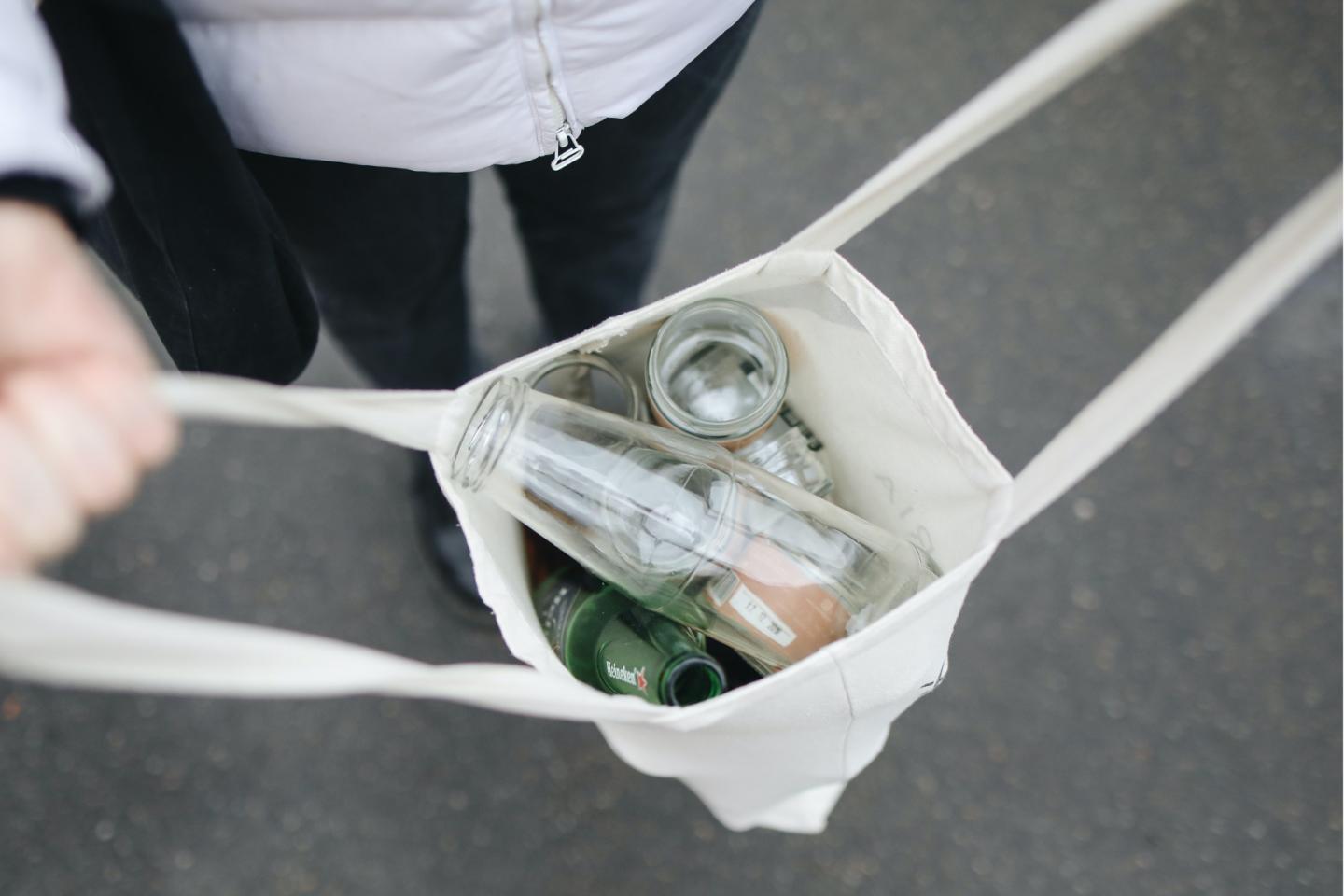
Five Start-Ups That Are Targeting Sustainable Development Goals
The start-up landscape has changed dramatically in recent years.
New businesses are always focused on driving a healthy profit - but many companies are also now committed to creating products that tackle societal challenges.
This is admirable, but it hasn’t always been easy for these start-ups to thrive.
There’s evidence that purpose-driven companies have struggled to secure funding because investors are focused on short term revenue rather than long term sustainability.
However, the situation is changing.
These impact-led businesses are proving that social good and profitability aren’t mutually exclusive. They just require ‘patient’ capital that can enable them to scale and grow.
The United Nations have produced 17 Sustainable Development Goals that aim to address major issues impacting the planet and its people. Several start-ups are driving significant progress in these areas and working to meet these UN targets.
Below are five start-ups that are effectively targeting these Sustainable Development Goals while simultaneously delivering impressive business growth.
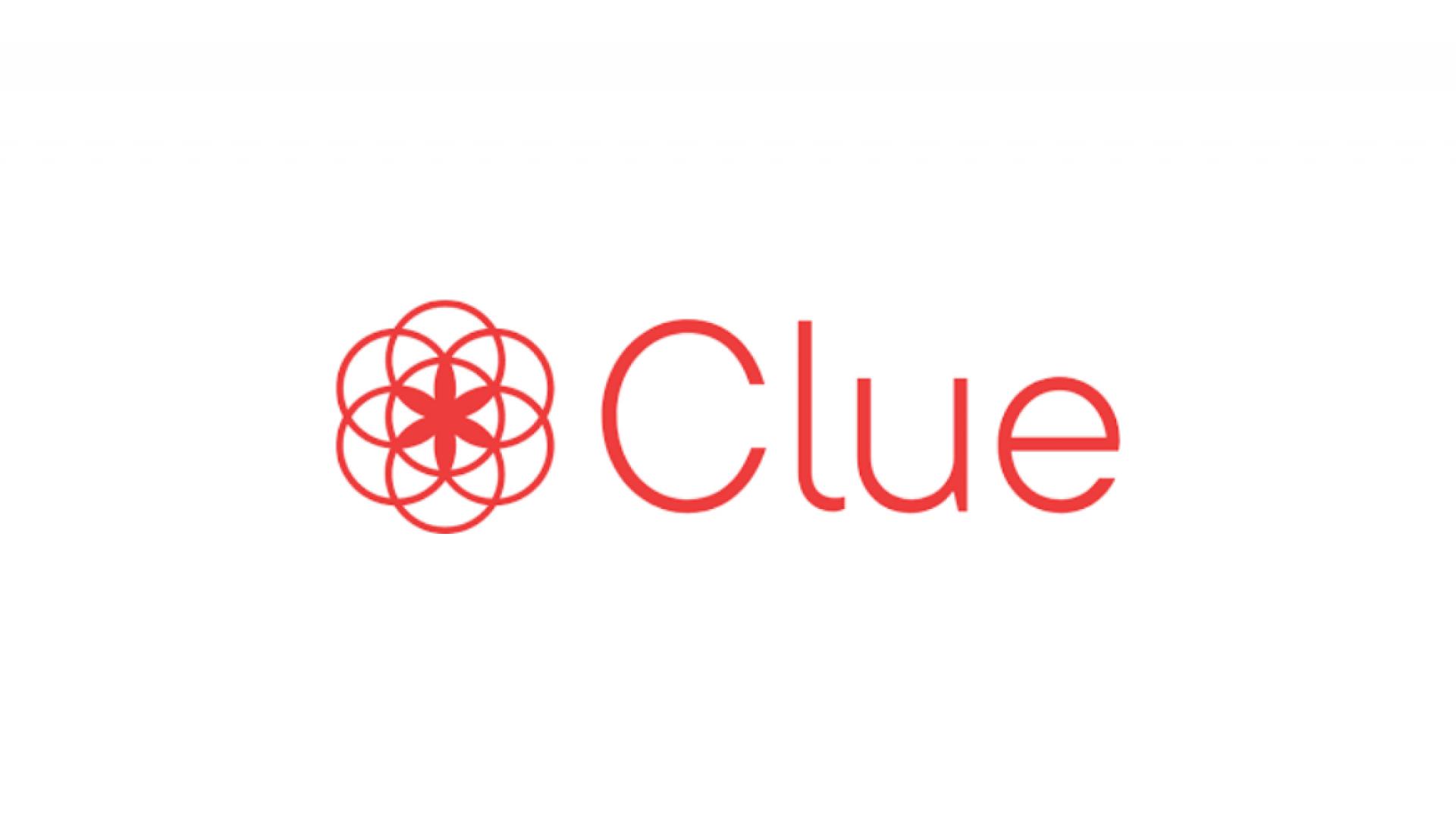
Clue
Clue, a female health app, was launched in 2013 by Ida Tin.
In 2016 she coined the term ‘FemTech’ to legitimise the female health tech market, and the Clue offering has been rapidly expanding since then.
Clue began as a period tracking app and has now grown into a digital contraceptive and all-encompassing female health platform.
The start-up received $16m in funding in 2021, and approval from the FDA to roll out Clue as a contraceptive device in the US thanks to success in clinical trials.
This is hugely impressive. The app is not only seeing strong commercial success, but this launch reflects a genuine mission to support women and their physical wellbeing.
The third Sustainable Development Goal from the UN is ‘Good Health & Well-Being’. Clue is making major strides in this area, offering accessible and reliable health services to women around the world.
However, that’s not the only social cause that Clue is championing.
The UN has also highlighted ‘Gender Equality’ as a key goal. Clue has already made a big statement here, hiring two female CEOs to take over from Ida Tin and actively advocating for better healthcare for women.
The creation of the term ‘FemTech’ has also raised awareness of the under-researched female healthcare sector, and the need for more innovation in this space.
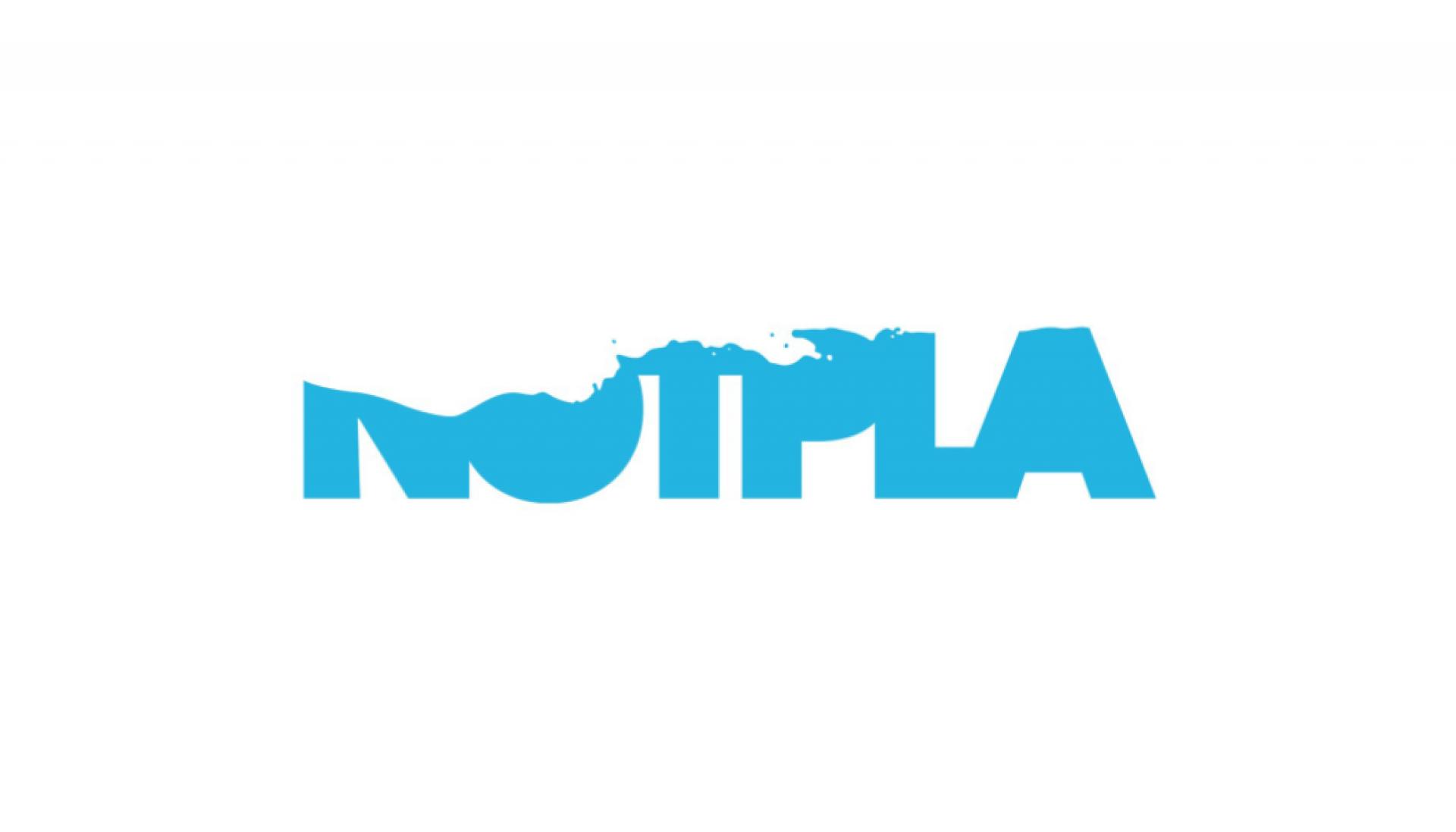
Notpla
Notpla was founded in 2014 by an ambitious team of chemists, designers, engineers and entrepreneurs.
The start-up aims to create sustainable packaging solutions for consumers, using natural materials like seaweed to replace single-use plastics. One of Notpla’s most innovative products is ‘Ooho’, a fully edible and biodegradable sachet for liquids and sauces.
Notpla closed a £10m Series Ain December 2021, and are continuously expanding their sustainable packaging solutions. They’ve previously partnered with the London Marathon to trial hydration sachets, and have also worked with Heinz on sustainable sauce packets.
‘Responsible Consumption and Production’ is another big part of the UN’s vision for a more sustainable future, and innovative start-ups like Notpla are leading the charge here.
The Notpla combination of creative thinking and scientific knowledge hasn’t just secured successful business partnerships with established brands - it’s also a promising sign for the future of eco-friendly packaging.
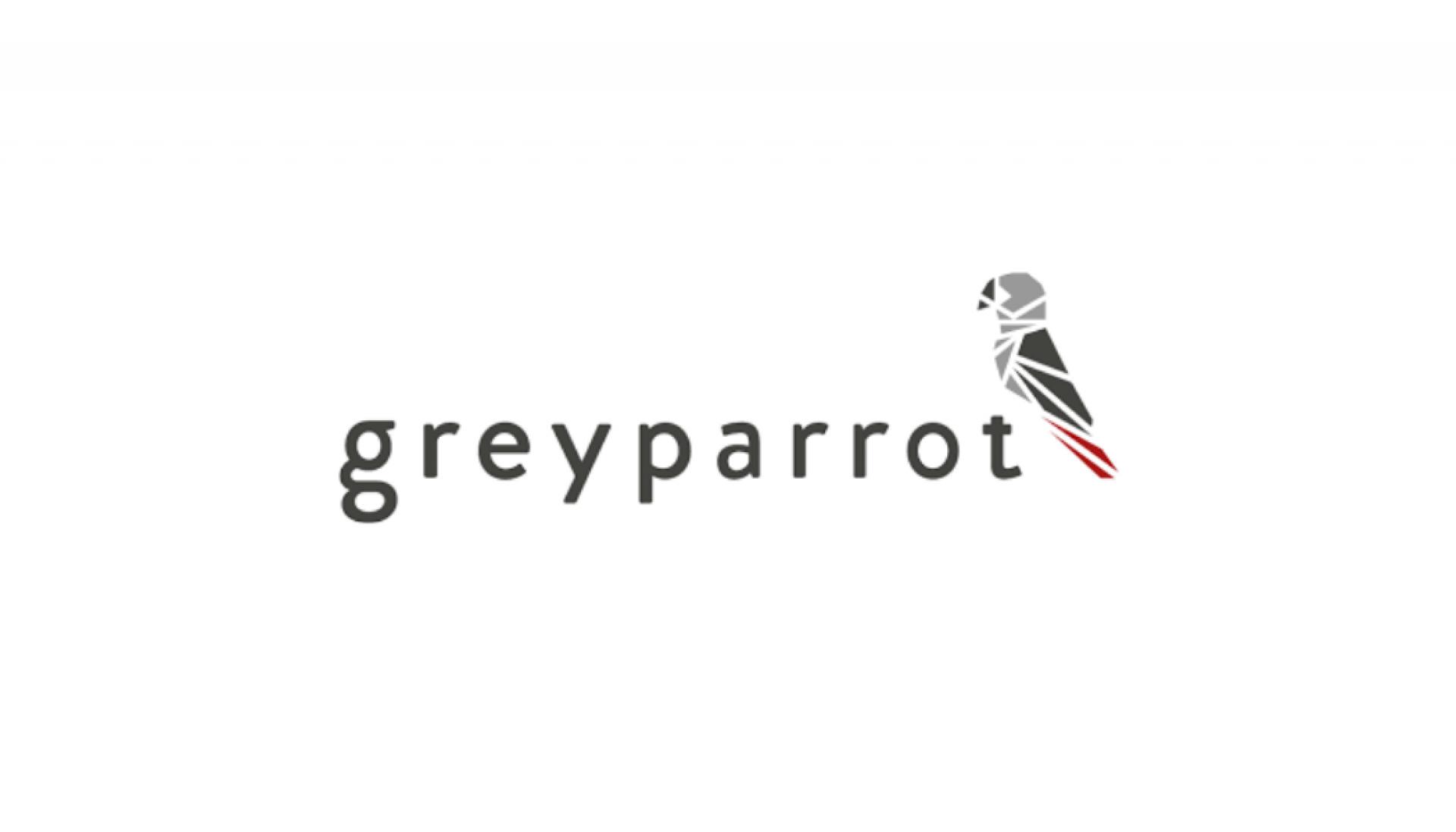
Greyparrot
Greyparrot was founded in 2019 and uses AI technology to enhance recycling processes and improve waste management.
In 2020 the start-up identified that less than 1% of waste was being effectively monitored, while global recycling rates were sat at just 14%. These inefficiencies are often caused by a lack of human resources and expensive processes.
Greyparrot seeks to add some much-needed automation to the waste management sector, using machine learning to increase recycling efficiency. This is achieved by recognising and automatically organising different types of waste.
The platform received $2.2m of funding in 2020, and in 2021 launched 25+ new systems across the UK, Europe, Africa and Asia.
‘Climate Action’ is a key Sustainable Development Goal for the UN, and one of the most pressing issues on the global stage. The impact of climate change is rapidly becoming clearer, and poor waste management is hugely detrimental to the environment.
Greyparrot has already scaled up its operation and identified a clear space for innovation. If global recycling processes can be improved and refined, it will be a huge boost to the fight against climate change.
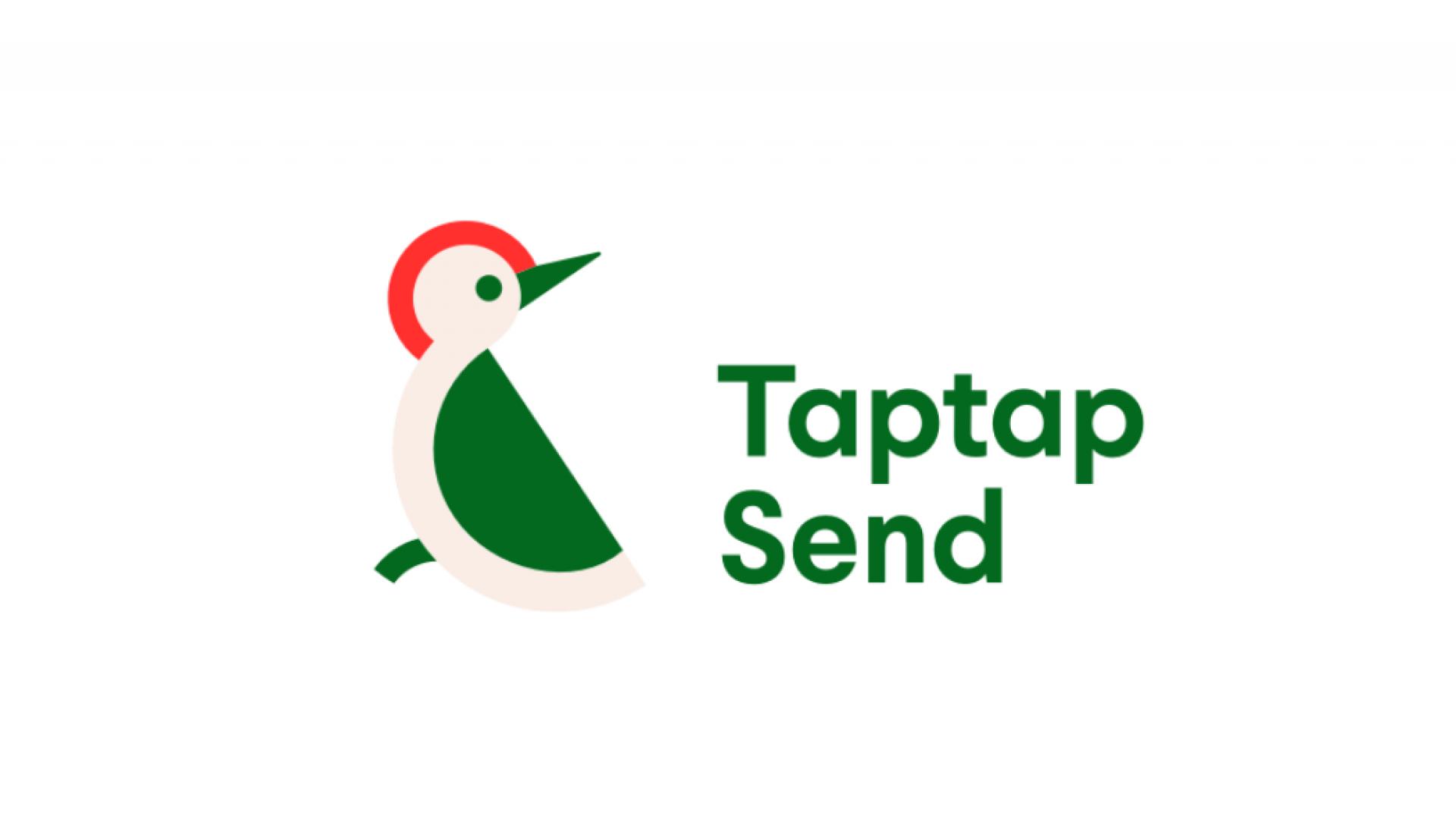
TapTap Send
TapTap Send was founded by Michael Faye, a development economist who previously worked for the United Nations.
The app is designed to facilitate easier money transfers to poorer nations and developing markets. Demand is clearly high here, as the World Bank estimates that $589bn of cross-border remittances were sent in 2021.
These international payments previously incurred sizeable transaction fees. TapTap Send offers significantly cheaper transfers to 15 receiver countries.
As digital transfers are now more common than ever, TapTap Send is playing an important role in making transactions more accessible for poorer populations. The app received $65m of growth funding in 2021 to help expand its services.
The UN includes both ‘Decent Work & Economic Growth’ and ‘No Poverty’ as two core Sustainable Development Goals.
TapTap Send tackles both of these challenges. Many developing nations rely on international transfers to fuel business growth, while personal payments to families abroad can be hugely important.
The ability to send and receive money without significant fees is a major benefit for emerging markets and economies.
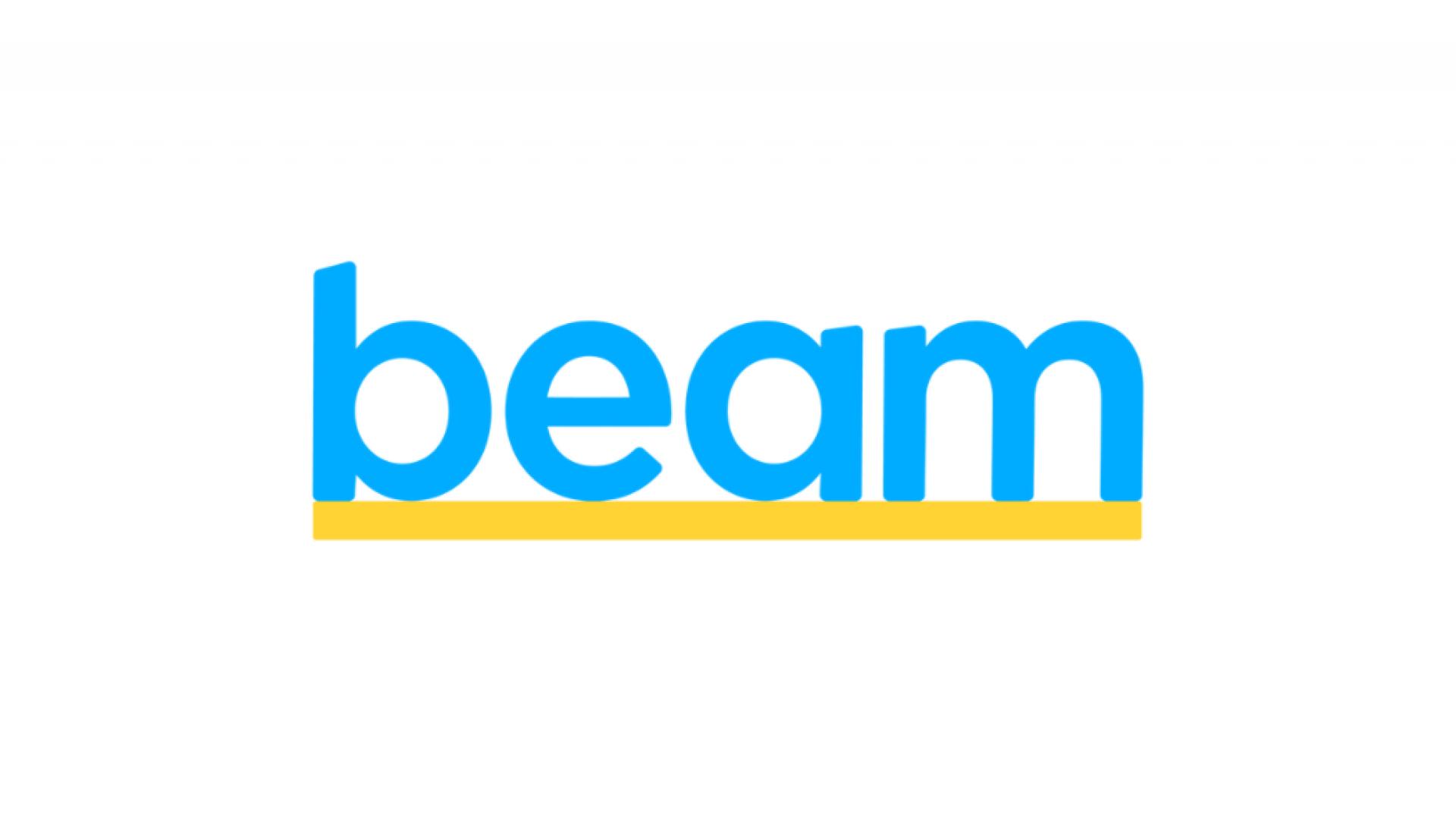
Beam
Beam was founded in 2017 by Alex Stephany. Alex became familiar with a homeless man outside his local train station and was inspired to create a platform that could help homeless individuals to find employment.
The platform is effectively a crowd-funding model. Users are paired with dedicated caseworkers who create bespoke employment plans for them. These users are then supported financially by donations made through the Beam website.
The results are extremely impressive.
80% of Beam users have now found employment, with an average salary of £28,000. The start-up has received funding from various sources and has been commissioned by several local authorities in London to support their communities.
The concept of applying the crowd-funding model to a social cause has proven to be highly effective, and Beam is an outstanding example of purpose-driven tech making a difference.
The platform is now looking to expand to additional cities in the UK and even establish itself in the US. Since the Beam model is so agile, scaling internationally is a very real possibility.
Since 2017, Beam have helped to secure work for more than 300 people in the UK, including in a number of key-worker roles throughout the pandemic which ensured a level of stability.
The ‘No Poverty’ UN development goal is relevant to every single country around the world. Beam has demonstrated that with the right infrastructure in place, start-ups can make a life-changing difference to homeless individuals.
All of these start-ups are making a meaningful difference to the world, using their ingenuity and business acumen to create products that benefit society.
Although some investors may still be focused on short term revenue, more and more stakeholders are realising the importance of purpose-driven companies.
There’s still work to be done in re-shaping the wider industry. Areas like ethnic diversity and gender equality still need improving in the tech space, and businesses will require continued support to address Sustainable Development Goals.
However, the world of impact-led start-ups is flourishing, and the potential for these companies is almost limitless. We can’t wait to see what the future holds for this sector!
If your company lies within the health and biotech space and you’re keen to build out your finance team, don’t hesitate to get in touch with Jamie ([email protected]) for expert support.
When we work in harmony, great things happen. Let’s show you how.
Get the latest insights, tips, and opportunities straight to your inbox – sign up today!